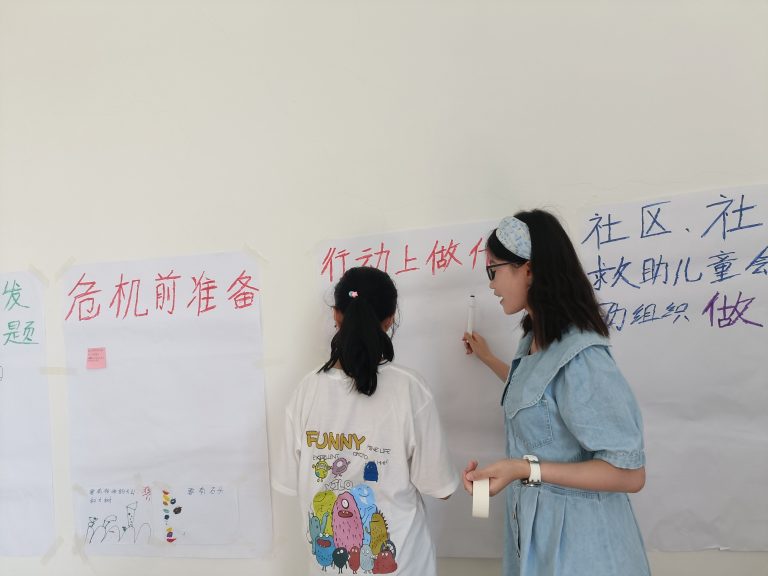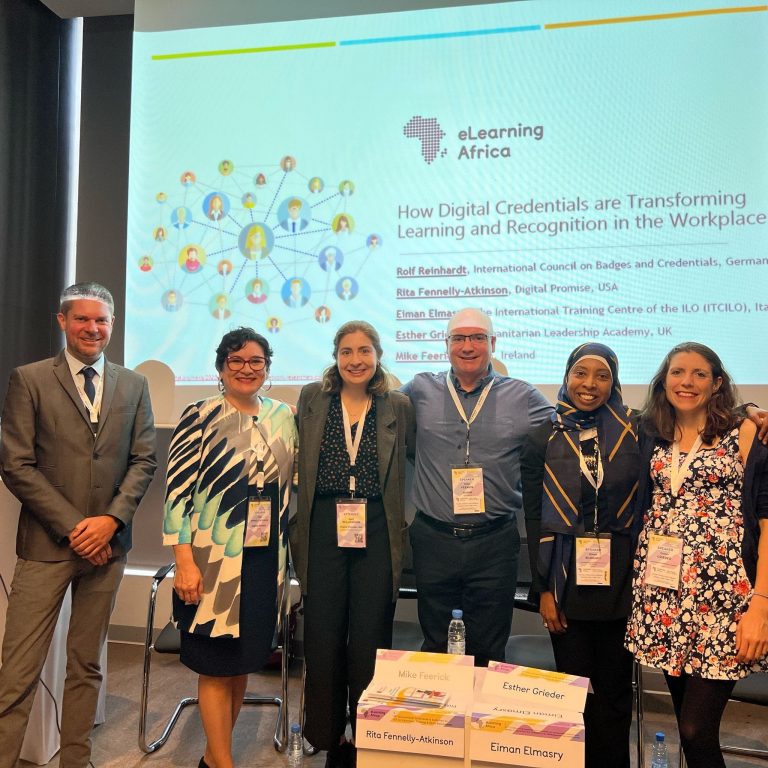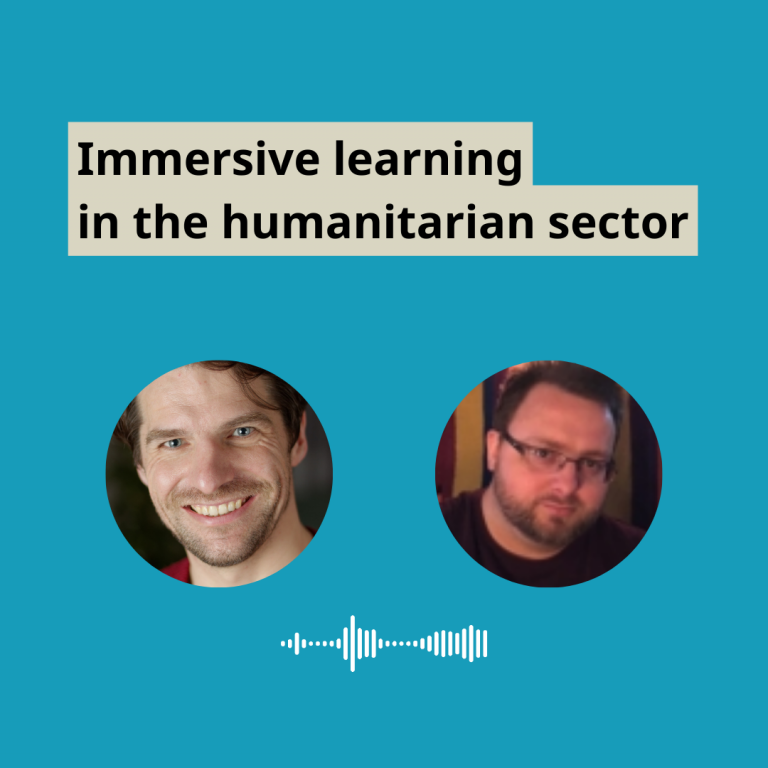5th December 2022
One has only to heed the clamor for change and observe the yawning gulf between global need and available financing to realize it is time for a radical new leadership mindset in humanitarian aid.
The foundations of world order are being rocked by events in Ukraine and a global hunger crisis of unprecedented dimension. Humanitarian leaders are confronted with a major upheaval in international affairs, creating conditions vastly different from those in which traditional aid agencies developed their premises for intervention.
It demands an aid system that is more inclusive and equitable, where humanitarian citizenship is not bounded by self-limiting and self-serving institutional forms and intransigent power dynamics. Future humanitarian endeavor must therefore be reframed within a far larger, complex political struggle: the fight to resurrect international solidarity and promote genuine self-determination. The necessity of this is no longer in question, rather it is a matter of how it will be achieved.
A new attitude to leadership and alliance-building is required, more critically reflective and eco-systemic in outlook. There are positive signs that this is emerging. Adaptive, constellation behaviors are already developing among the next generation of humanitarian leaders. They are politically and philosophically engaged; creative lateral connecters who reject the inadequate status quo. They are the vital connective tissue the future humanitarian system needs; the coming generation of “eco-leaders” upon which the collaborative success of the sector depends.
A new leadership paradigm
The term “eco-leadership” describes a new leadership paradigm for today’s networked and interdependent global environment in which the form and purpose of organizations is reframed to emphasize connectivity, ethics, human spirit, and belonging. For many potential leaders, the full power of these natural behaviors remains untapped. This is where the Humanitarian Leadership Academy, or the HLA, comes in — to help hone and unleash this new wave of future-facing leadership spirit. In Ukraine, the HLA is developing a new kind of leadership program in partnership with the Eco-Leadership Institute to empower local leaders.
First mooted in 2007 as a collaborative partnership between governments, civil society, multilateral organizations, and the private sector, the HLA was fully established in 2013 as an early prototype of a new kind of international humanitarian institution. Its mandate is to operate from the systemic periphery in support of locally-led humanitarian action, with a different business model and organizational culture to that of mainstream aid that seems so stuck. Its core purpose is to enable people around the world to prepare for and respond to crises in their own countries with a unique offer of support.
The HLA works with 60 partner organizations to curate and propagate high-quality learning opportunities, tailored to the specific needs of individuals and organizations. It encompasses everything from conventional capacity-strengthening activities to self-guided e-learning, virtual reality, and simulations. The evidence gathered through research and data analysis is used to inform new innovations.
Far-reaching content
Almost a decade on and the model is proving highly successful. Since 2016, the HLA’s Kaya online platform has grown to become a learning community of more than 600,000 across 190 countries, helping humanitarians all over the world to discover their true potential. Uptake of its services soared during the COVID-19 pandemic, with a 104% increase in new subscribers worldwide. Such is the enormous global interest in its services that the HLA’s social media profiles now boast over one million followers.
The numbers for 2022 show that HLA has reached more humanitarians than any previous year. Eight out of the top 10 countries accessing HLA’s learning portfolio are crises-affected, which shows that the content is reaching those who need it most.
The work of the HLA goes further still. Recognizing the urgent need to resource future humanitarian eco-leaders with a vibrant, provocative, politically-orientated discourse, the HLA is hosting a new kind of thinking project called Alameda. It will develop challenging ideas and promote the dissent and innovation that is crucial to ethical practice but so often repressed. In this way, we believe the old, outmoded ways of thinking and acting will quickly be rendered obsolete as a quiet leadership revolution transforms humanitarian action for the betterment of humanity.



